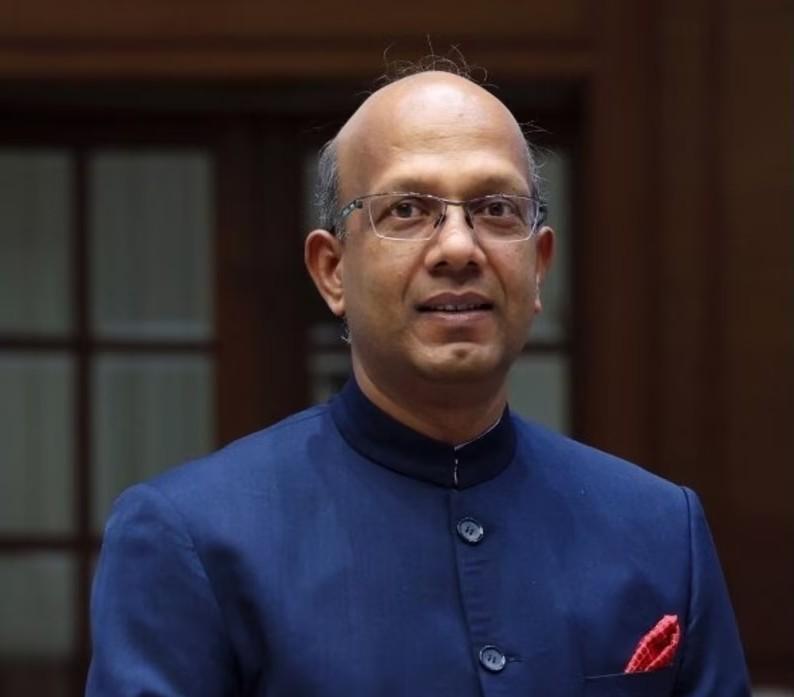
Russia Hiring Indians: A Growing Trend in Machinery and Electronics
In a significant development, Indian Ambassador to Russia Vinay Kumar has revealed that Russian employers are actively hiring Indian workers due to a “manpower requirement” in various sectors, including machinery and electronics. This news comes as a welcome relief to Indian professionals who are eager to expand their career horizons and explore new opportunities abroad.
According to Kumar, the majority of Indians hired so far have been in the construction and textile sectors. However, there is a growing demand for skilled workers in machinery and electronics, which is a promising trend for Indian professionals in these fields.
This development is not a one-off phenomenon. A business leader earlier stated that Russia plans to hire one million Indians by the end of 2025, indicating a significant scale of recruitment efforts. This is a testament to the growing recognition of India’s skilled workforce and the demand for Indian talent in various sectors.
Russia’s economy has been growing steadily, driven by industries such as manufacturing, energy, and technology. The country is also investing heavily in infrastructure development, which creates a huge demand for skilled workers. Indian professionals, with their expertise in various fields, are well-positioned to capitalize on this trend.
Machinery and electronics are key sectors that are driving growth in Russia’s economy. The country is home to several leading electronics manufacturers, including major players like Samsung and Sony. The machinery sector is also booming, with Russia being a significant producer of heavy machinery, automotive parts, and construction equipment.
India’s strength in machinery and electronics is well-known, with the country being a major hub for electronics manufacturing. Indian companies like Wipro, HCL, and Infosys are leaders in the technology sector, while machinery manufacturers like Larsen & Toubro and Bharat Heavy Electricals Limited (BHEL) are household names.
The growing demand for Indian talent in Russia’s machinery and electronics sectors is not surprising. Indian professionals have a reputation for their expertise in these areas, and their skills are highly sought after by international employers. Moreover, India’s education system is well-equipped to produce skilled workers in these fields, with many Indian institutions offering programs in engineering, technology, and other relevant subjects.
For Indian professionals looking to work in Russia, this news is a significant opportunity. Russia is a fascinating country with a rich culture and history, and working in Russia can be a life-changing experience. Indian professionals will have the opportunity to work with leading Russian companies, learn new skills, and gain valuable international exposure.
The process of hiring Indian workers in Russia is relatively straightforward. Indian professionals can apply for jobs through various channels, including job portals, recruitment agencies, and company websites. Many Indian companies have established a presence in Russia and hire Indian workers to work in their Russian operations.
In addition to the job opportunities, working in Russia also offers Indian professionals a unique experience. Russia is a vast and beautiful country, with a rich cultural heritage and a unique blend of traditional and modern customs. Indian professionals will have the opportunity to experience the Russian way of life, try delicious Russian cuisine, and explore the country’s many cultural attractions.
In conclusion, the news that Russia is hiring Indian workers in machinery and electronics is a significant development that offers Indian professionals a unique opportunity to work in a new and exciting environment. With its growing economy and demand for skilled workers, Russia is an attractive destination for Indian professionals looking to expand their career horizons. As India’s economy continues to grow, it is likely that more and more Indian professionals will be drawn to Russia’s machinery and electronics sectors, creating a win-win situation for both countries.



